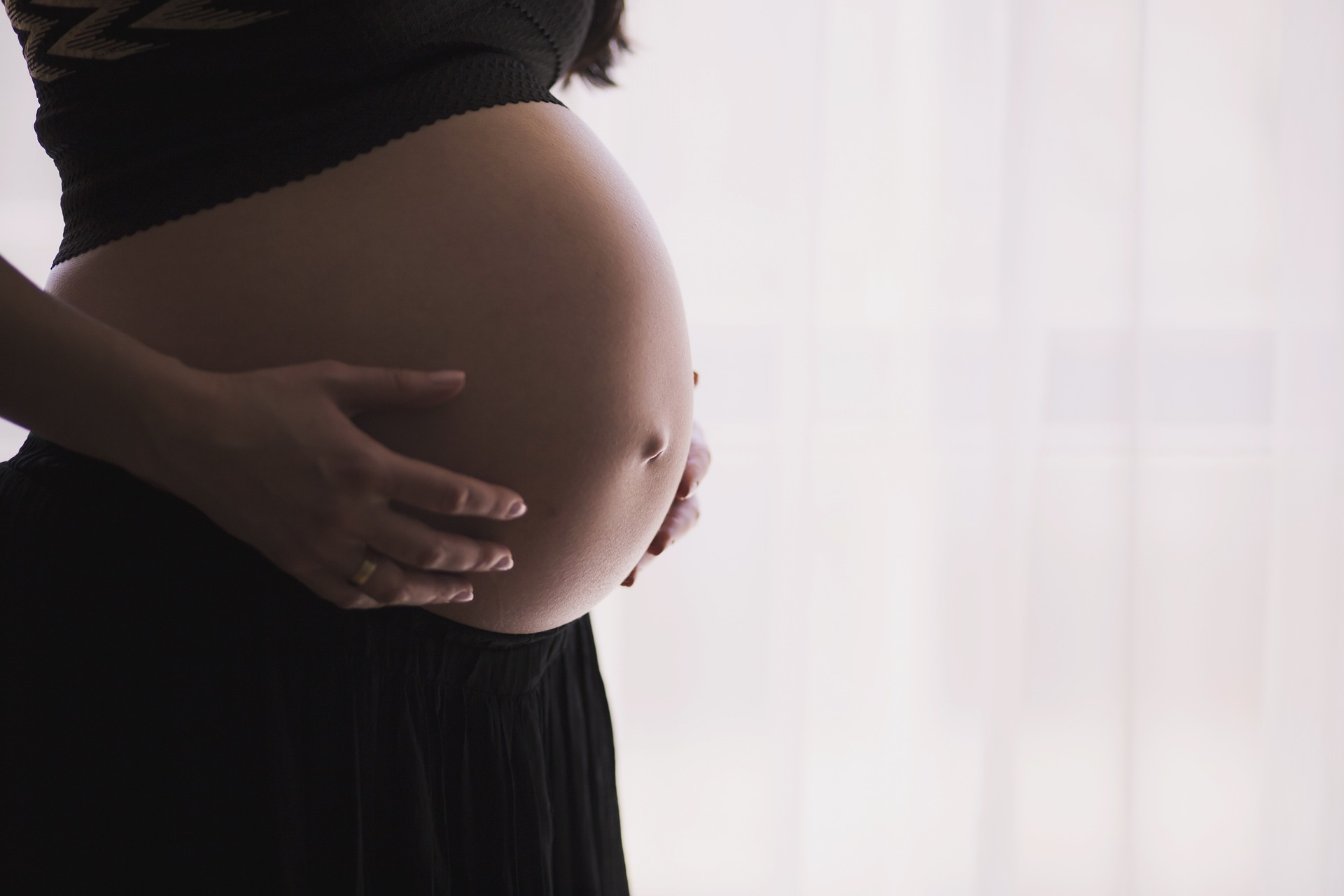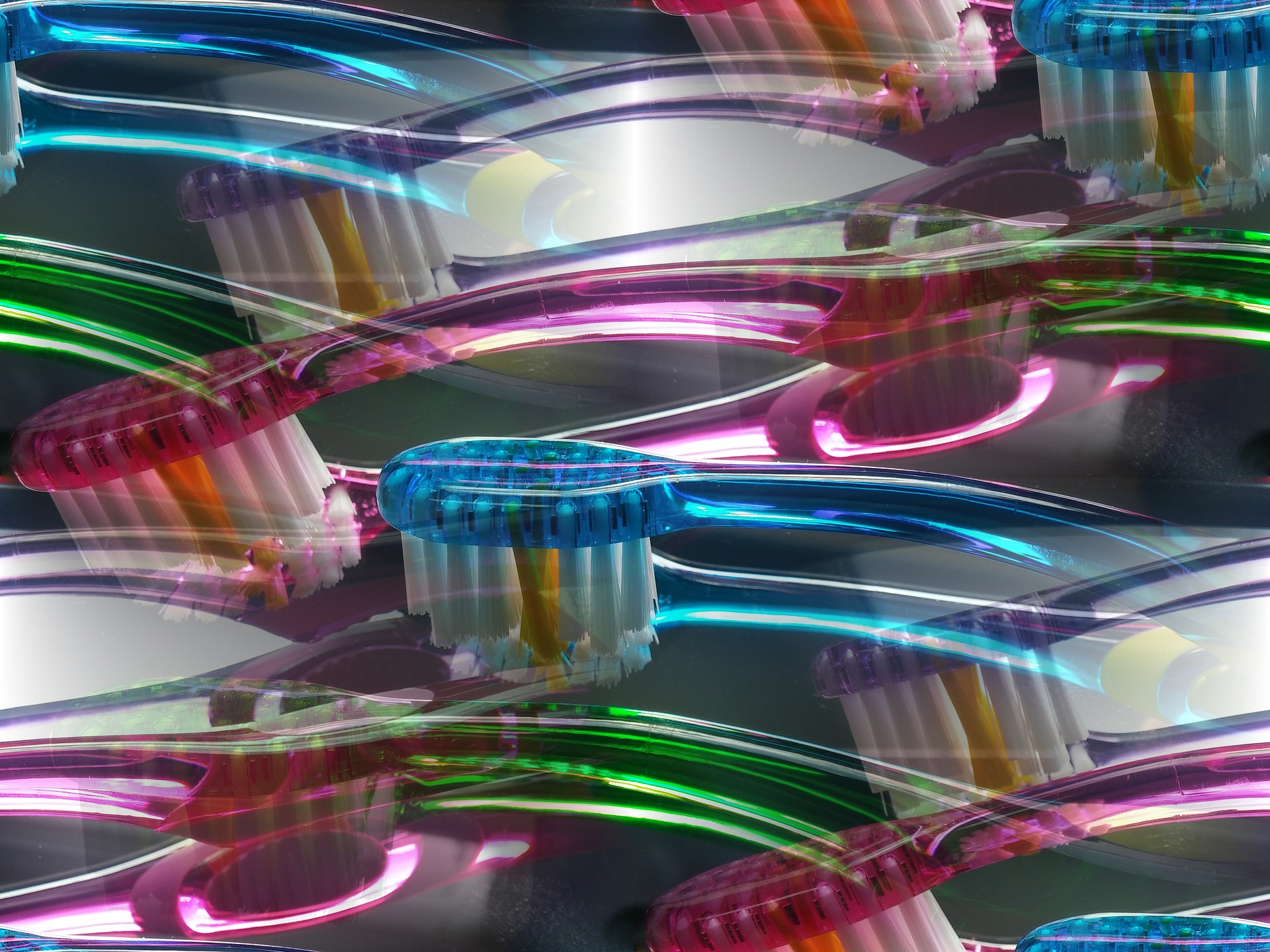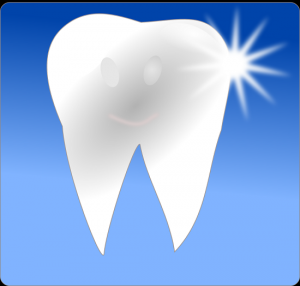Is dental care different during pregnancy?
In Austria, people used to say ”every child costs a tooth“ and though this is nowadays no longer literally true, it is absolutely essential for future mothers to take extra good care of their teeth while they are expecting. The reason for this is that a pregnant woman undergoes significant hormonal change which leads to several key changes in her entire body including her oral cavity.On the one hand, the blood flow through the gums increases which causes them to swell and thereby creates a better environment for bacteria to multiply. The results are more frequent and more severe gum bleeding and inflammations and, in some cases, even pathological outgrowths (also known as epulis gravidarum). Because of this, some dentists have coined the term “pregnancy gingivitis”. On the other hand, many pregnant women often suffer from nausea which can lead to emesis. The regurgitated gastric acid can attack the dental enamel and thereby harm otherwise healthy teeth.
To still effectively preserve the health of one’s teeth even during a pregnancy, many dentists recommend a number of preventative measures.
When should pregnant women plan for any needed dental treatments?
Physicians and other medical experts look at a pregnancy as a combination of three relatively distinct time periods (also known as trimesters) that each span three months:- Trimester 1 – The most vulnerable phase for an embryo given that organ formation starts in the first 12 weeks of a pregnancy
- Trimester 2 – The most stable pregnancy phase and, therefore, the best time for any dental procedures and treatments for a future mother
- Trimester 3 – Another quite sensitive phase during which a child’s organ formation and brain growth come to an end prior the mother giving birth
To avoid complications, many dentists advise their pregnant patients to ideally front-load any required dental procedures prior to their pregnancy. Should this be impossible, experts recommend scheduling dental treatments during the second trimester. In cases of emergencies that necessitate procedures during the first and/or third trimesters, attending dentists have to be extra careful. Also, the prescription and use of any medicines should be discussed and coordinated with an expecting woman’s gynecologist.

Dental care tips and pointers for pregnant women
Because of the aforementioned risks that are inherent in any dental procedure that is performed during a pregnancy, most dentists recommend to future mothers to undergo a thorough dental health check-up prior to, or very early on in a pregnancy to cover the following key elements:- Cavity check – To identify any dental treatment needs as soon as possible
- Filling check – To ensure that all existing fillings are intact and undamaged
- Gum line check – To look for and treat any existing or emerging gum inflammations
- Professional tooth cleaning
After such a comprehensive check-up visit at the beginning of a pregnancy, dentists recommend a particularly thorough dental care program throughout the entire duration of a pregnancy:
- Thorough brushing – At least twice a day with a fluoride-containing toothpaste
- Mouthwash – Use of a fluoride-containing mouthwash to strengthen the dental enamel
- Soft toothbrush – Use of extra-soft bristles to avoid gum line irritations
- Interdentium care – Regular and thorough flossing of the spaces between adjacent teeth
- Regular check-up visits – Scheduled once every few weeks to ensure a quick identification and treatment of any emerging dental problems
- Balanced diet – Ideally not too many sugars or cabohydrates, lots of fresh fruit and vegetables, and fresh dairy products
Finally, it is definitely worth mentioning a list of specific activities and procedures that should ideally be entirely avoided or, if not possible, limited to a minimum:
- No to amalgam – To avoid any potential release of mercury inside a pregnant woman’s body, many dentists strongly recommend against the placement of new and the replacement of old amalgam fillings during a pregnancy
- No to x-rays – Should generally be avoided except during times of emergency
- No to antibiotics – Such medicines, as well as painkillers, should only be used sparingly and in emergency cases
A pregnancy is a unique phase of life filled with joy, hope, and high expectations. However, it also comes with its fair share of difficulties and sacrifices which should ideally not be exacerbated by any surprising dental problems.
This is why the DentalAce team is sending all of our best wishes to all future mothers – let’s hope that the next couple of dentist visits are quick, pleasant, and reassuring!

In the meantime, we would love to hear from you – please leave any thoughts and feedback in the comment box below and get a free subscription to our blog here for more interesting stories.


